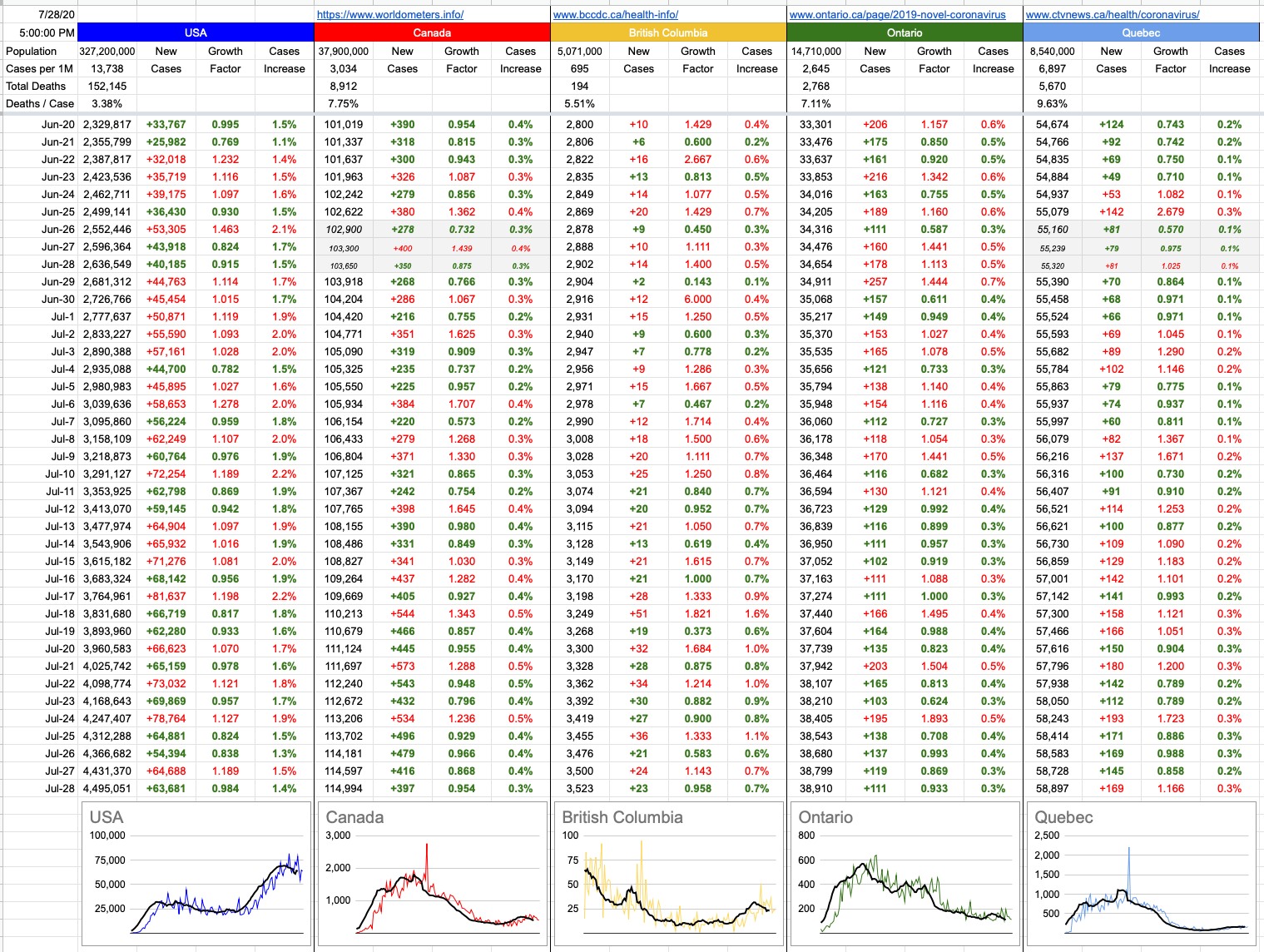A lot of discussions these days – the ones where you ultimately have to walk away, or at least agree to disagree because you can’t actually believe what you’re seeing/hearing/reading… end like this:
“Where on earth did you get that idea from?”
“I researched it.”
The “researched it” thing gets thrown around a lot these days, and as per the famous quote from The Princess Bride… “You keep using that word. I do not think it means what you think it means.”
Unless you compiled a literature review, and wrote (or at least, read) abstracts of the articles you read… and/or collected a random sample of sources and performed an independent analysis of their credibility… and, if not, at least looked into the sources of those articles (authors, publishers and, most importantly, funders) and dug into that… for fallacies, distortions or just plain-old, flat-out lies… you didn’t really research it.
And even if you didn’t do any of that, did you at least think about the source of the article and why the aforementioned list (author, publisher, funder) might have been motivated to distribute it? What about the people who refer or promote the article; what might be their motivations? This wouldn’t be research, but it would be at least a semblance of critical thinking that might serve to possibly justify your opinion with respect to the credibility of your sources.
To be clear, clicking a link to a video or an article from your finely-tuned, curated feed on Facebook or Instagram or Snapchat or TikTok or whatever flavor-of-the-day social media platform serves as your de-facto news source – no, that’s not research. In fact, given the way with which that information is making its way to you, it’s perhaps as opposite to research as you can get. It’s spoon-feeding you exactly what you want to hear, because then you’ll click on it and generate some revenue for someone far down the line. And, in doing so, pad your conformity-bias just a little bit more because something new agrees with it… and set you up to click the next related thing.
Digging around the internet is the place to do research these days, but what exactly you’re doing makes all the difference. There’s a lot of good stuff out there; it’s just a question of wading through the crap to find it, and using some methodology to achieve that.
Incidentally, Wikipedia… a relatively good place to find a pretty good summary of anything within the entire body of knowledge of human history — can be easily downloaded. As crazy as it sounds, it’s only 10GB (compressed)… which is 42GB uncompressed, ie plain text… which means all of it, like all of Wikipedia – every single article – fits easily onto a $15 64GB USB thumb drive. You can carry around with you the entire knowledge base of humanity on your keychain, with lots of extra room for pictures and family videos. Not a bad thing to carry around in case you’re shipwrecked in the middle of nowhere with your solar-powered laptop. Or abducted by aliens.
Yeah, aliens… they’re here, living among us. It’s true; I researched it.
View Original Post and All Comments on Facebook



Shareworthy as always
Bingo again
The HK Daily Report (1.5 min read)
Well said!
Love your ongoing analysis Horatio – it’s my end of day sanity check. I’d value your opinion on a tangential topic: I’ve been looking at the USA stats over the past few weeks. In broad numbers, about 1% of the American population has tested positive to date.
Thank you for continuing to post daily since March. Love reading them.
Most of the credible estimates I’ve seen suggest that the actual infection rate on the ground is between 7 and 12 times higher than the test results. If we accept that, then the “infectable population” remaining is on the order of 90% of the American population. The virus has demonstrated that it is highly contagious. The current rate of new TESTED infections in the USA seems to be leveling off, but my arithmetic tells me that it’s only a matter of (not much) time before the curve spikes up again big time. What do you think?
Dude – never met you… but thank you for existing. If we ever meet – drinks on me.
Speaking of aliens… https://www.thedailybeast.com/stella-immanuel-trumps-new-covid-doctor-believes-in-alien-dna-demon-sperm-and-hydroxychloroquine?fbclid=IwAR2Nwk4Jx5a6P1kMtCMSrVCp71VRAc-117OGe9VvaqjbJSmM2Tzq9Z9M2eM
I almost blew a gasket today at the third of my friends who posted the video of miss Alien-DNA. Spreading that crap around just makes it all the worse.
????
Interesting read.
This is one of my favourites yet, Horatio. Heard a great quote the other day: “I wish I could be as sure of anything as they are of everything.” (Obviously, who the “they” is will depend upon who the “I” is.)
One of the most memorable projects my class had to do in vet school was given us by Dr. Iverson, a relatively renown epidemiologist from California.
We all had to analyze 2 published papers in the veterinary literature in depth. This was obviously long before google or the internet. What proved amazing and somewhat disappointing was how biased some articles could be, usually depending on who funded them, but there were certainly other reasons as well.
The project gave me a healthy dose of skepticism when reading papers throughout my career
LOL… brilliant. Good info.. and a great ending!